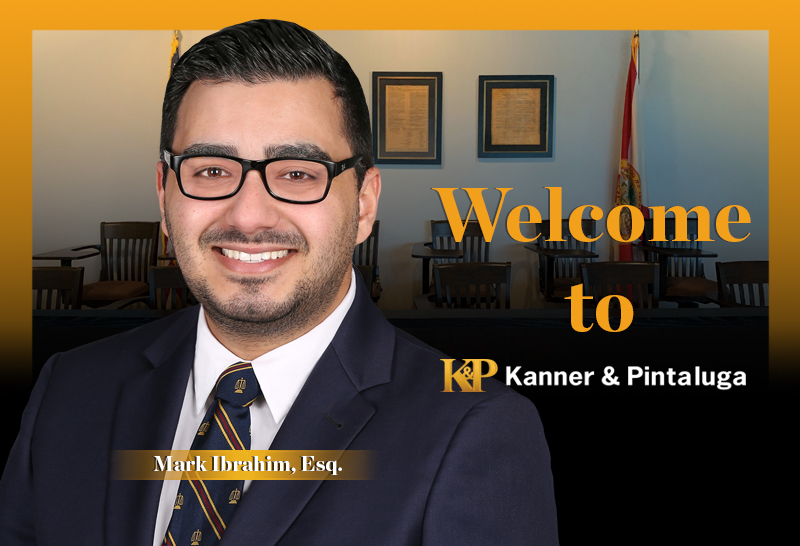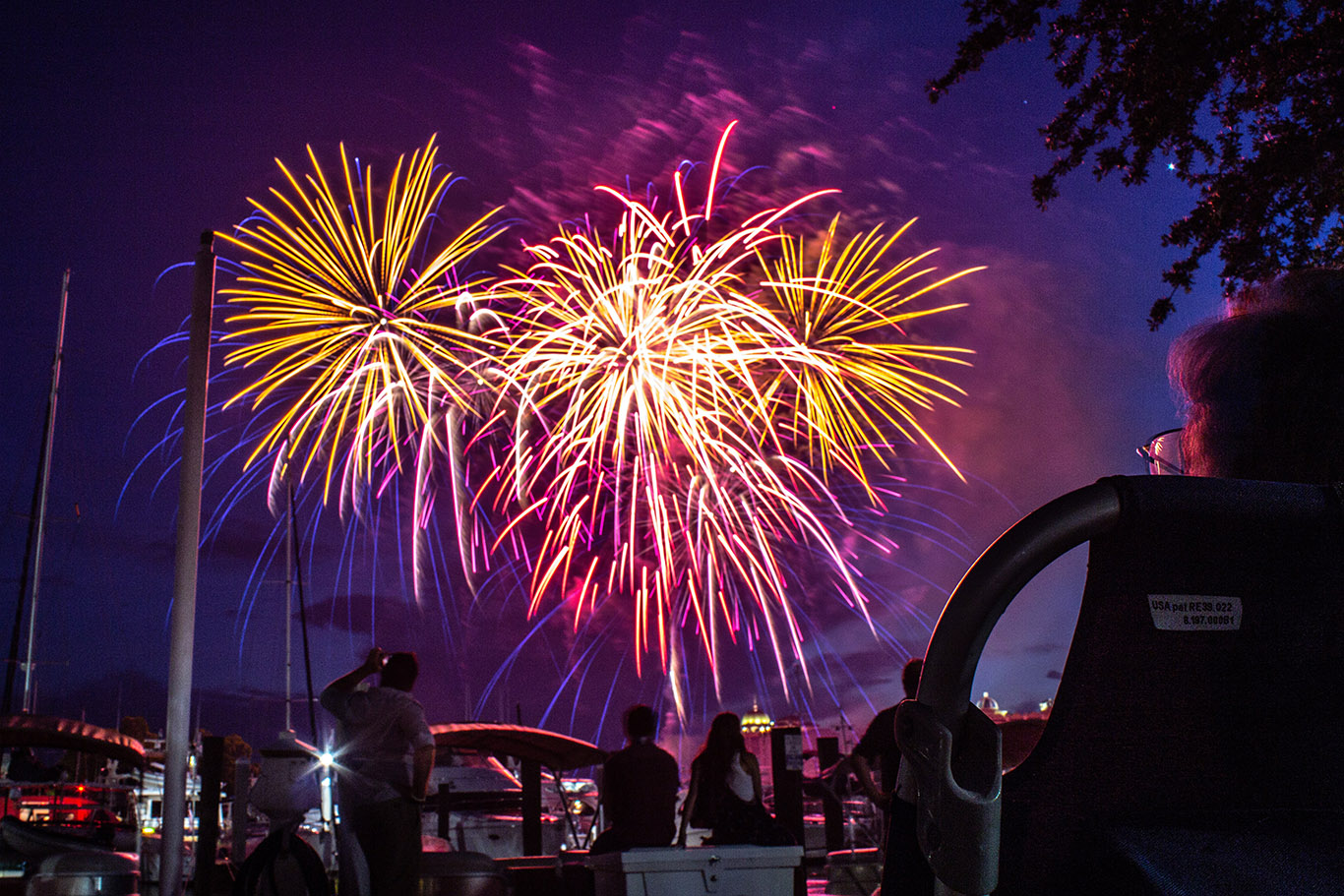- WE’RE HERE TO HELP 24/7
- 800.586.5555
Florida Firework Laws

Kanner & Pintaluga Welcomes Mark Ibrahim in Boca Raton
May 12, 2022
Kanner & Pintaluga Kicks Off 2022 Summer Associate Program
May 16, 2022Florida Firework Laws

The Fourth of July is right around the corner, and fireworks are a fun way to celebrate. Fireworks may be legal on the U.S.’s birthday, but they are still dangerous if they are not used responsibly. Learning about Florida’s firework laws and safety tips is a great way to have fun while preventing injury and avoiding legal trouble.
What Are Some of the Different Types of Consumer Fireworks?
- Firecrackers
- Bottle Rockets
- Roman Candle
- Aerial Fireworks
- Fountains
When Are Fireworks Legal in Florida?
In 2020, Florida’s Governor Ron DeSantis signed a law that allows Floridians to light off fireworks on three holidays in Florida: the Fourth of July, New Year’s Eve and New Year’s Day. On these three holidays, you can light as many Roman Candles and consumer-legal aerial fireworks as you’d like, but you may still want to proceed with caution to minimize the risk of personal injury.
Some “novelties” are legal year-round in Florida, including things like sparklers and party poppers. However, anything that flies into the air and explodes or makes a particularly audible boom will likely only be considered legal on those three days.
Despite the limit on days in which you can legally use fireworks in Florida, they can technically be sold all year. This is slightly different from many states with similar laws where you can usually only buy fireworks at certain times of year.
Firework Safety Tips
Fireworks Don’t Pair Well with Drugs/Alcohol
Lighting fireworks while under the influence of drugs or alcohol often leads to injury caused by improper usage. Sometimes intoxicated people make mistakes like lighting fireworks indoors, on wooden decks or even lighting them in their hands.
Keep Water Nearby
Fireworks can get out of hand quickly. To prevent a fire from getting out of control, experts recommend keeping a bucket of water or a fire extinguisher nearby. If a firework falls over and ignites grass, a bit of water could prevent it from spreading to your house or a neighbor’s property.
Do Not Relight Fireworks
Sometimes fireworks go off with a delayed start. You could be injured if a firework goes off while you try to relight it. Delayed starts can also cause fires if the tip is aimed at your house, a tree or something else.
Fireworks Require Adult Supervision
Children love fireworks, but they should not handle them. A child might be fine holding a sparkler, but even then, adult supervision is recommended. Sparklers burn at between 1,800- and 3,000-degrees Fahrenheit. Although they may seem harmless, they can cause serious burns if mishandled.
Many children are easily distracted, which can have dangerous consequences. If a Roman Candle does not remain pointed at the sky, whatever—or whoever—is in its path could be hit with fireballs.
Do Not Light Fireworks on Windy Days
Fireworks are not intended for windy days. The wind can cause the firework’s container to blow over or even change the trajectory of the fireworks. Explosives are already dangerous enough, but with an unknown path, anyone could be in the line of fire. If this Fourth of July is particularly windy, you might be better off saving your fireworks for New Year’s Eve or New Year’s Day.
Only Light One at a Time
If you are going to light fireworks, you probably want to put on a spectacular show. It can be tempting to burn the last few all at once for an explosive finale, but that can be dangerous. If you light off two Roman Candles (the kind designed to be held) and the one in your right hand malfunctions, you might be tempted fix it while there is another lit Roman Candle in your left hand. Even with fireworks that you do not hold, it is dangerous to take your eyes off one of them so you can fix the other one.
Read the Instructions
If you have ever seen somebody light backyard fireworks, they might initially appear to be straightforward. However, due to the risk involved, it might be helpful to at least skim the instructions before you get started so you know what to expect. You do not want to wonder, “Am I supposed to hold this one or put it down?” the second after you light it.
How Should You Treat a Firework-Induced Injury in Florida?
Firework injuries frequently result in burns and scarring that will never go away. Rehabilitation and reconstructive treatments can be particularly expensive, which is why it’s important to seek maximum compensation from the negligent parties involved in your injury.
If you or somebody you know suffered an injury caused by someone else’s firework negligence, you might be eligible for compensation. Consider consulting with a personal injury lawyer to discuss your injury’s details. A personal injury lawyer can guide you through the process so you and your family can focus on recovery instead of worrying about the medical bills.
